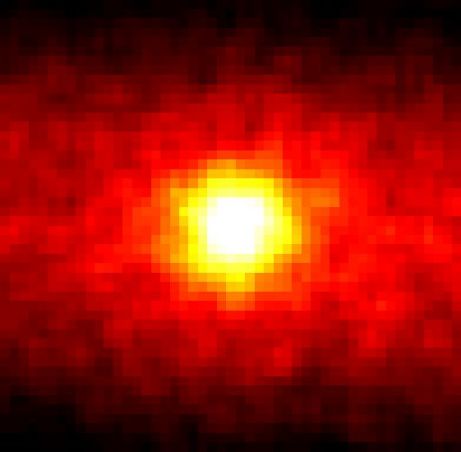I’m a PhD candidate in Elementary Particle Physics at Northwestern University, where I dedicate my days (and far too many nights) to unraveling the mysteries of the universe’s most elusive particles—dark matter and neutrinos. Think of me as a cosmic detective, working tirelessly to catch particles so shy, they might as well be in witness protection. Armed with cryogenic detectors, rare event search techniques, and a healthy dose of caffeine, I try to convince these particles to make an appearance. So far, they’re winning.
Under the guidance of my advisor, Enectalí Figueroa-Feliciano, and alongside brilliant collaborators, I’ve developed a diverse skill set, from building theoretical models to developing software pipelines that make sense of endless data streams. Python and C++ are basically my second and third languages, and I’ve used them to optimize simulations and hunt for particle-shaped needles in cosmic haystacks. I’ve even had the honor of presenting my findings at international conferences, proving that particle physics isn’t just a lab job—it’s a global effort where everyone is equally baffled but incredibly determined.
When I’m not knee-deep in code or troubleshooting why my detector suddenly has feelings, I’m brainstorming ways to apply my skills in the future. Whether it’s continuing to push the boundaries of scientific knowledge in academia or applying my expertise to industry challenges, my goal is to keep the universe on its toes. After all, if I can handle particles that don’t want to be found, I can probably handle just about anything. And who knows? Maybe someday I’ll finally catch a dark matter particle—and when I do, I plan to throw it the biggest party physics has ever seen.


